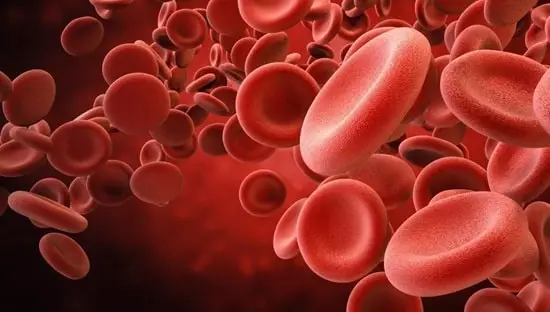Diseases can not only create a significant impact on the physical well-being of an individual. It takes a substantial toll on social, emotional and financial stability. Little do we know that chronic illness can affect a person, leading to depression, anxiety and emotional stress. Nevertheless, it hampers the quality of life of the patient and their family members and loved ones.
In a few critical cases, the ill person may not remain productive enough, thus resulting in a loss of income and affecting them financially. India is a diverse nation with varying populations, lifestyles, and environmental factors contributing to different diseases. Here are the Top 10 Major Health Problems in India 2024.
1. Diabetes

As per reports, in India, around 77 million people above the age of 18 suffer from (Type II) diabetes. Nearly 25 million people are pre-diabetic. More than 50% of India’s population is unaware of their diabetic status. Diabatic lies among the top reasons for kidney failures and blindness in the majority of Indians. In the year 2022, around 2% of the deaths prevailing diabetes. It is a silent killer due to its lack of symptoms and slow progression of disease in the body.
2. Cardiovascular Heart Diseases
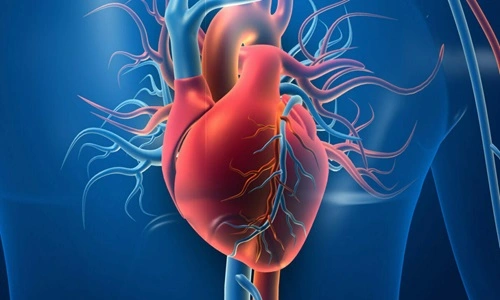
Cardiovascular Heart Disease is a condition involving the heart and blood vessels. It is one of the top-most health problems in India today. People with sedentary lifestyles, tobacco usage, unhealthy intake of fast food and junk food and stress are at the risk of contracting Cardiovascular diseases. Around 17.9 million people died due to CVDs in 2016. Out of which 85% of people died due to stroke and heart attack.
3. Infectious Diseases
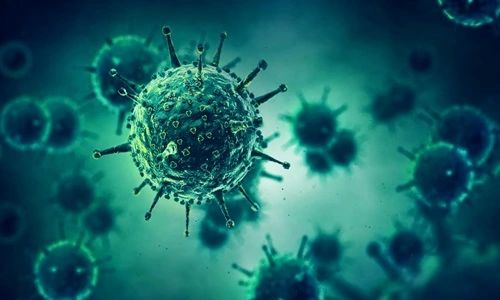
After the risk of the novel coronavirus, a massive pandemic in 2020, Certain infectious diseases like AIDS, tuberculosis, dengue, malaria and several other emerging threats such as antimicrobial resistance are on the go. Factors like globalization, urbanization, and climate change can result in the outbreak of various public health problems. The need for proper sanitation, promoting vaccine campaigns, and strengthening our healthcare system can destroy the spread of such dreadful infectious diseases.
4. Malnutrition
Malnutrition has been one of the community health problems in India for centuries. It is a sign of health challenges among small children and womens, especially those residing in marginalized tribal communities or regions across India. A recently published journal, JAMA Network Open Journal, shows the % of children with zero food is 19.3% in India. It is the third highest after Guinea and Mali. However, specific measures such as hosting health campaigns, addressing food security, and supplementation programs can help eradicate Malnutrition.
5. Respiratory Diseases
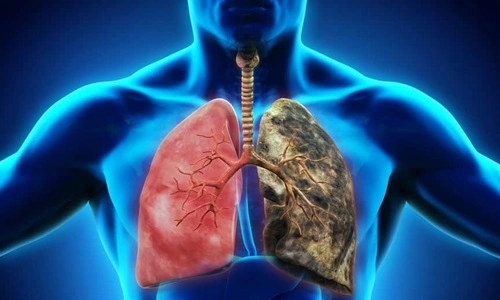
Air pollution is one of India’s leading causes of significant health problems. The air pollution caused due to industrial smoke from chimneys and harmful chemicals released causes public health problems. All this has increased the public health problems in India. Respiratory Diseases like lung cancer, asthma, and chronic obstructive pulmonary disease are some of them. Policies that curb and control pollution, along with public awareness, can safeguard public health problems.
6. Mental Health illness
Many young generations often undergo mental health disorders. It is one of the most ignored areas in the Indian Healthcare system. Despite the significant spread of mental illness, access to an adequate healthcare system remains ignored. Depression, anxiety, stress and substance abuse are often unvalued, leading to poor health of an individual. Dealing with Mental illness requires a comprehensive strategy that needs to be prioritized on an urgent basis. Likewise, early intervention and diagnosis can help save a precious life.
7. Stroke

The blood flow to the brain is limited due to loss of brain function, thus leading to a paralysis stroke. Often termed a Brain attack (Brain stroke), it is one of the causes of health problems in India. It is a significant concern for the increase in mortality rates in the past few years. In 2022, around 1.5% of the population in India died due to brain stroke. The main culprits are uncontrolled high blood pressure, unhealthy diet and use of tobacco.
8. Alzheimer Disease
Studies show that 3.4 billion people experience a major nervous malfunction. The risk of neurological health diseases has increased over the past three decades. The symptoms of this disease include forgetting recent events or conversations. Approximately 4 million people are living in India with Alzheimer’s—a degenerative brain condition which manipulates the memory, behaviour and thinking of a person. Although medicines can improve or progress the health condition. There is no dedicated treatment to cure the disease. Proper programs and support campaigns can help correctly manage this disease.
9. Liver Diseases
Liver diseases such as Hepatitis and liver cirrhosis often damage the liver and stop its normal function. It was estimated that around 1.2% of deaths all over the world occur due to Liver diseases. The symptoms aren’t always seen or felt from within. Typical forms of liver diseases are non-alcoholic fatty liver conditions, alcohol-related problems, and viral hepatitis. Significant contributors are unhealthy foods, consumption of alcohol and viral hepatitis.
10. Kidney Diseases
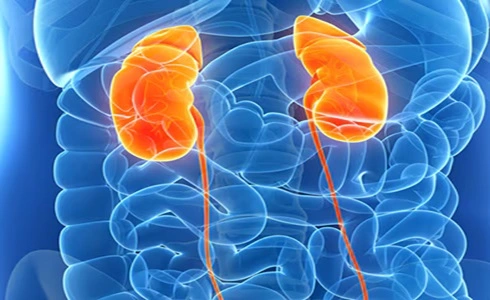
Chronic kidney Disease is a loss of kidney function over time. In this condition, both kidneys are damaged, and the person needs dialysis frequently, 2 to 3 times a month. Although signs and symptoms of kidney diseases are not specific, 2% of the overall deaths in India are due to secondary kidney problems. As kidneys may not be able to function right due to lost functions, the early signs may not develop. High blood pressure, recurrent kidney infections, diabetes, and strong antibiotics are several main culprits.
Conclusion:
India faces complex health challenges. Addressing all these problems requires a scientific approach. Public health programs, robust health infrastructures, and access to mental health services are essential. One can improve urban health outcomes by integrating health monitoring technologies and utilizing digital health interventions. India can move towards a healthier and safer future and create a happy and disease-free place for all its citizens. It is time to confront these medical issues and ensure every Indian has the right to lead a fulfilling and healthy life.

